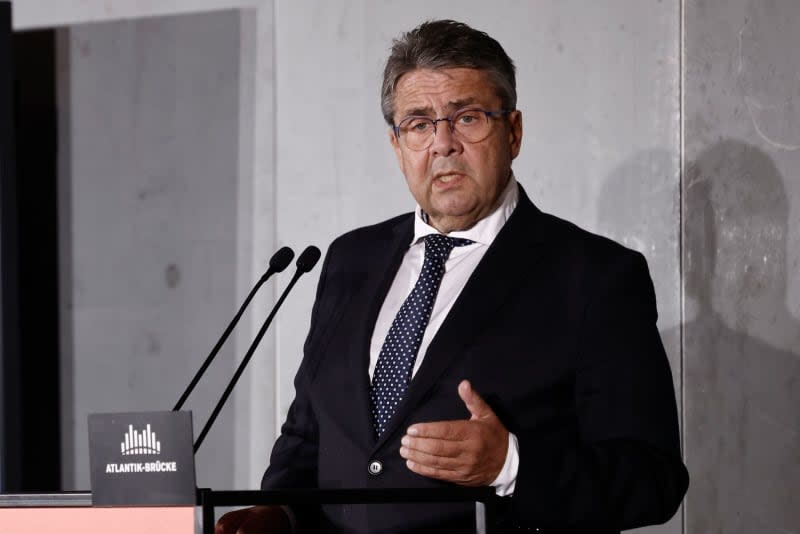Former German vice chancellor says migrant integration failing

- Oops!Something went wrong.Please try again later.
The former leader of Germany's Social Democratic Party (SPD) and former German Vice Chancellor Sigmar Gabriel has said he believes that the country is failing with the integration of migrants.
"People are not blind and can see that, on the one hand, Europe is not effectively protecting its external borders and, on the other, that we are failing in many areas when it comes to integrating migrants who have arrived here," he told the newspaper Neue Osnabrücker Zeitung, in remarks published Tuesday.
"The results of the recently published PISA education study are one of the many proofs of this," he said.
In the PISA study published at the beginning of December, 15/16-year-olds in Germany achieved the weakest performance values in reading, maths and science that have ever been measured for Germany.
Gabriel called for a new course in migration policy in Germany ahead of the European elections next year.
"The less the democratic parties talk about this difficult topic in an enlightened way and without election campaign bluster, the easier it will be for the AfD (the extreme right-wing Alternative for Germany)" he said.
"Because for many people in Germany, the issue of migration is a symbol of growing insecurity," he said.
From January to November 2023, almost 305,000 people applied for asylum in Germany for the first time - an increase of around 60% compared to the same period last year.
The democratic parties are afraid to really tackle this issue, said the former Vice-Chancellor.
"On the one hand, because there are no 'picture book solutions' and many things require hardship, which we find difficult for human reasons. And on the other hand, because the parties are afraid of getting too close to the AfD."
The EU member states and the European Parliament agreed on standardized procedures at Europe's external borders before Christmas.
The plan is to deal much more harshly with people from countries that are considered relatively safe. The distribution of refugees among EU countries will be reorganised - instead of taking them in, for example, a monetary payment is also possible.
The parliamentary groups of the parties of the governing coalition also agreed on a compromise on two draft laws for easier deportations and faster naturalization.

